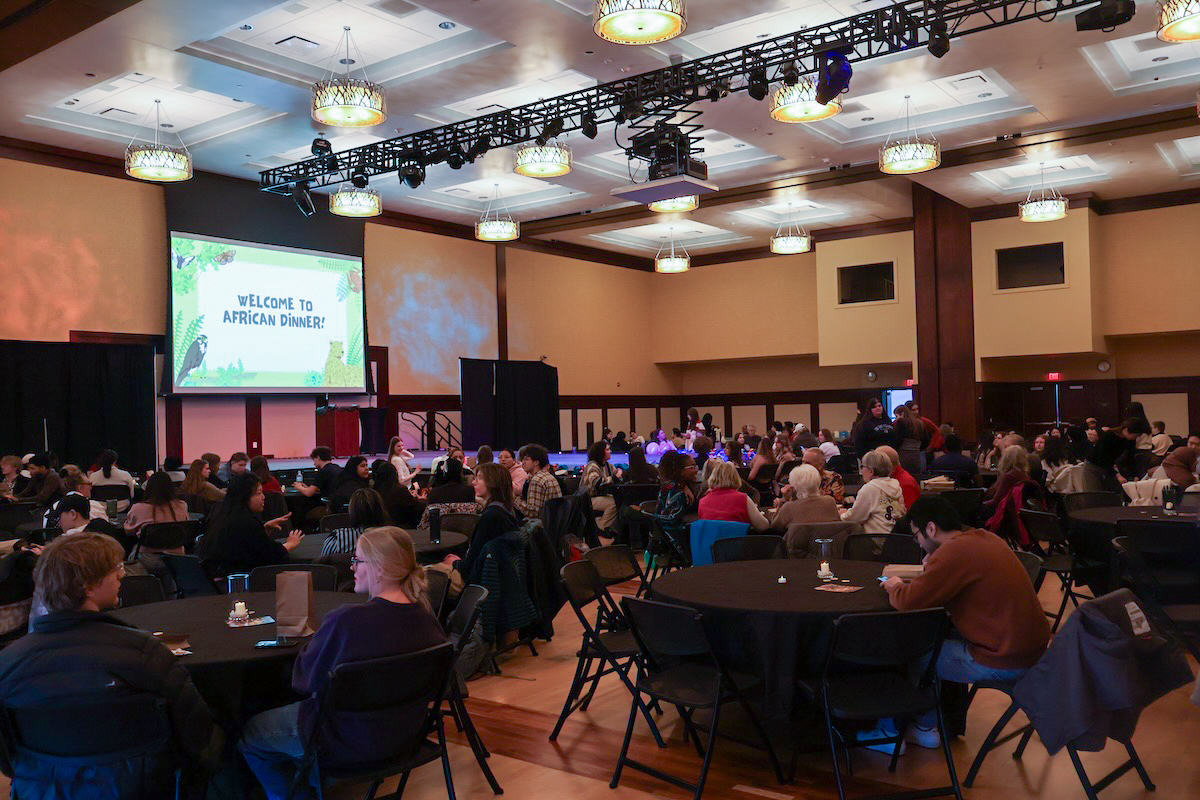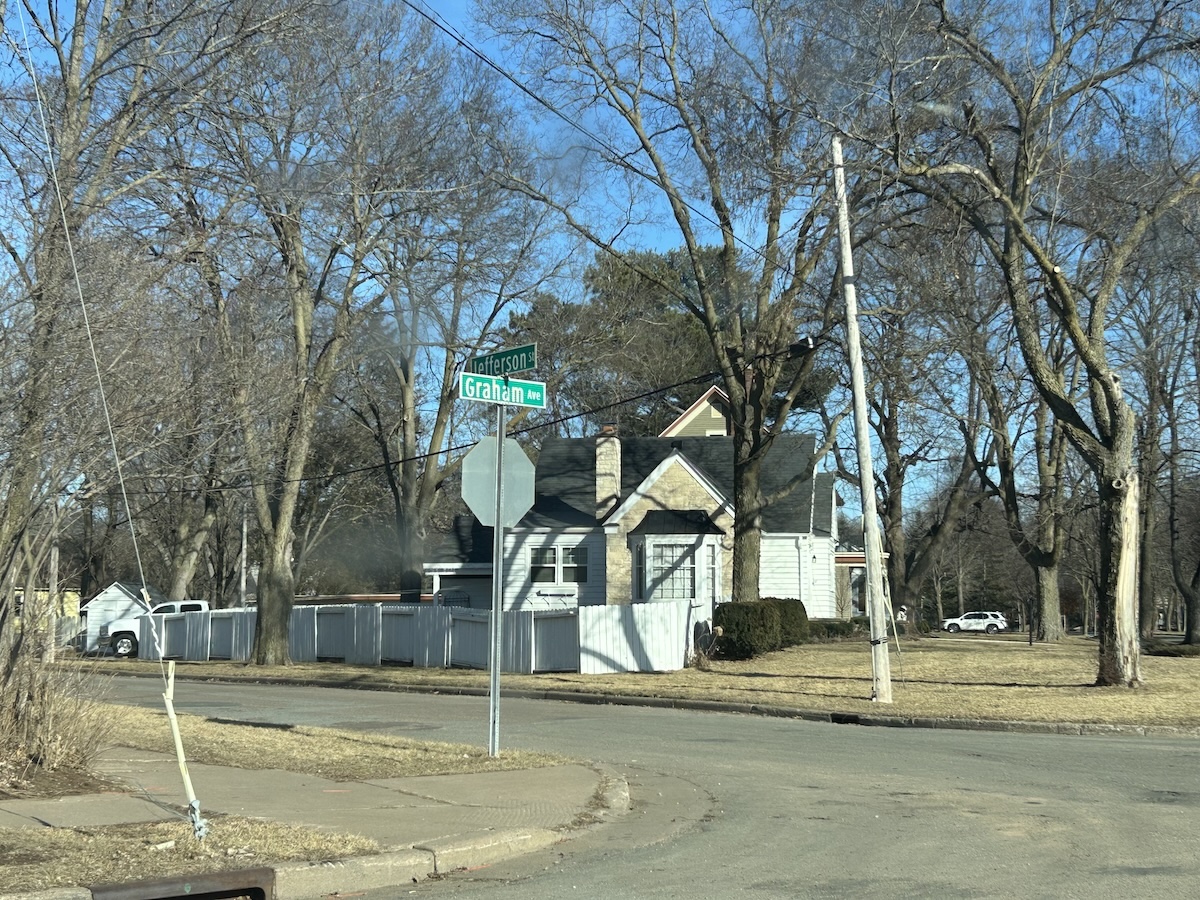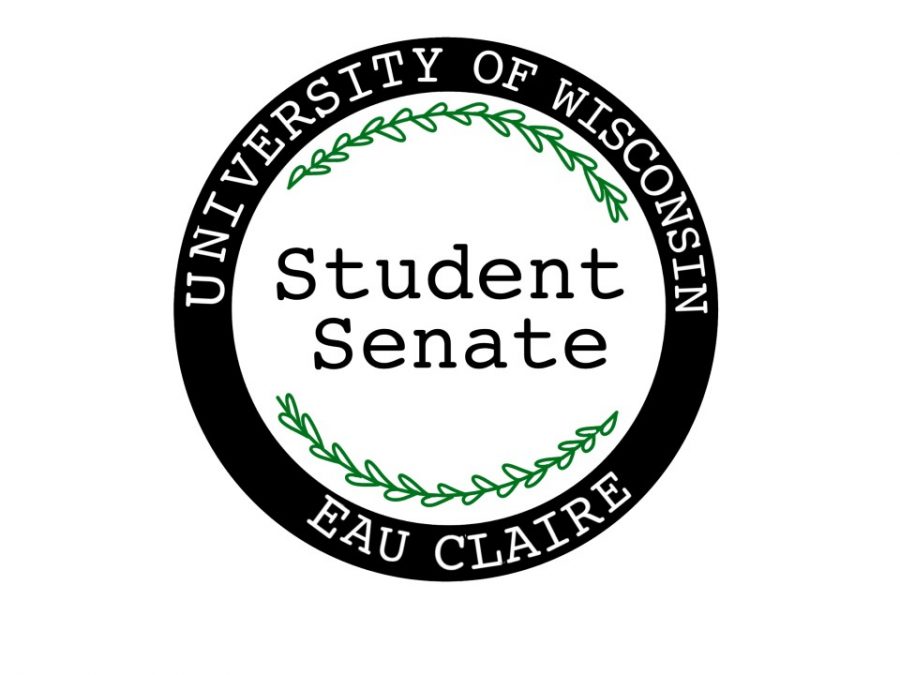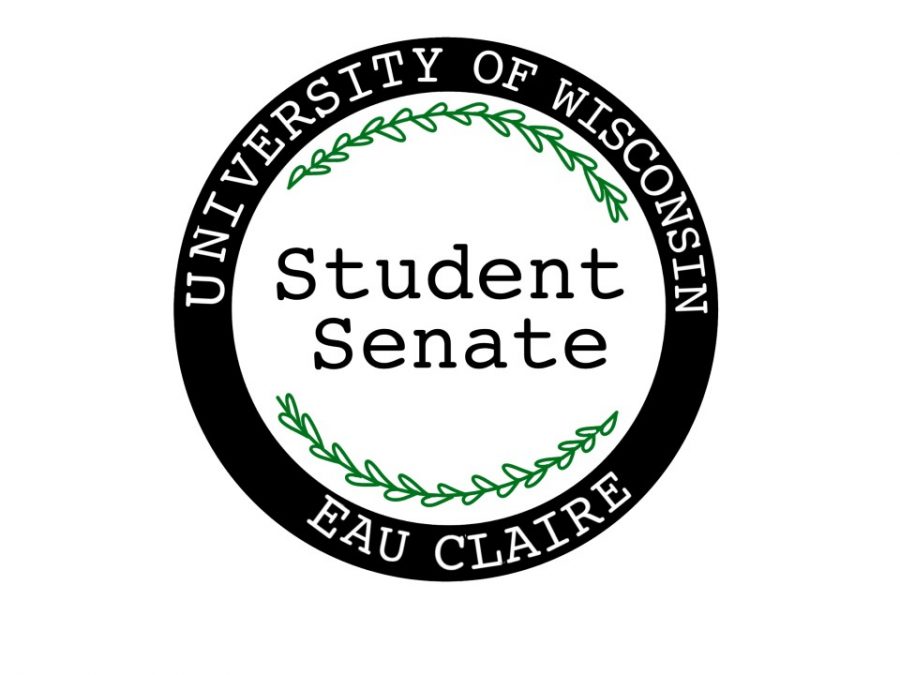Student senate passed a bill Monday allocating $105,000 to change all external lights on campus to light-emitting diodes. It’s scheduled to be completed in spring of next year.
The university was given $3.6 million from the Wisconsin Department of Administration for sustainability projects, one of which was to replace the lights with high-intensity discharge lamps, but the Student Office of Sustainability decided to contribute the extra funds to upgrade to LEDs.
Ben Ponkratz, the director of SOS, said the commission didn’t have any high-cost projects in the works and they took the chance to
save energy.
“When you have the opportunity to do a large infrastructure improvement on campus, we’re going to jump at that,” Ponkratz said.
Students pay $10 a year in segregated fees to fund sustainability projects such as the LED-light upgrade. In this case, the price difference between HIDs and the more expensive LEDs is what’s being paid for.
However, LEDs will save the university over $16,000 a year and more than 246,000 kilowatt hours of energy per year, according to the bill.
Ponkratz also said that the lights project better, last twice as long and are dark-sky compliant, which means that they don’t flood the sky.
“If you are on a level-playing field with (the LEDs), you can’t see them at all,” he said.
Sen. Matt Sias thought this upgrade was a good move for the university.
“I think this is a very intelligent way to invest money into campus infrastructure and is the perfect time to do so,” he said.
Sen. Ben Krall agreed.
“That’s exactly what the students overwhelmingly voted in favor of when they voted to allot $10 of their segregated fees.”
Normally there is an introduction and then a vote the following week, but rules were suspended because both the state government and Facilities Management needed an answer soon, Ponkratz said.
Sen. April Ross understood the need for expediency, but voiced confusion about the payback period of this project, which is currently at about 34 years. But Ponkratz admitted that the state came up with the estimation and that it may not end up being accurate.
Ross wanted time to possibly correct confusions, but ultimately conceded.
“I know we are pushing things through because facilities wants an answer, but overall I wish we would have had another week for this,” she said.
Vice President Mark Morgan agreed the bill could have more clarity in those regards, but ultimately, payback estimations are determined by the state and there wasn’t much they could do about it.
He also said that more time would have been nice, but the bill had been debated throughout the semester and it was time to take advantage of the money.
“The idea that the Department of Administration or any agency within state government would throw us $3.6 million is so absurd that I’m not going to start questioning their timeline on it.”
Thom Fountain contributed reporting to this story.






